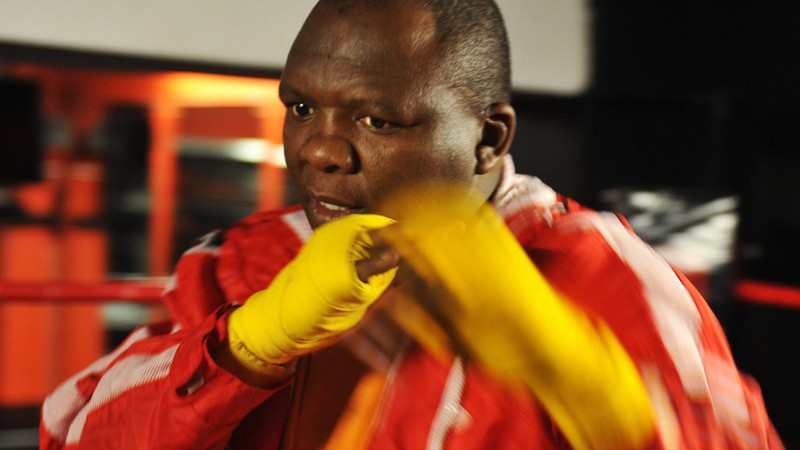South African 100 metre national record holder, Akani Simbine, has finally won an Olympic medal. The 30-year-old helped Team South Africa come in second in the four by 100 metres relay at the 2024 Olympic Games in France.
The team comprising of Simbine, Shaun Maswanganyi, Bradley Nkoana and Bayanda Walaza held on tight in their heat to make it to the final finishing line.
Meanwhile, Canada won gold, while Great Britain settled for bronze.
The race took a dramatic turn when the Americans made a poor exchange in the first handover that set them back to eighth position.
The atmosphere in the Stade de France was electric as the South African team took to the track on Friday night. Expectations were high, but few anticipated just how fiercely the South Africans would compete against the more favoured
teams from the United States and Canada.
However, from the moment the gun fired, it was clear that Simbine, Nkoana, Walaza, and Maswanganyi were not content with merely participating. They were there to challenge for top honours.
Walaza, the 18-year-old South African sprinter, set the tone with a blistering start. Handing to Maswanganyi, the team maintained their pace, with each sprinter delivering a near-perfect performance. Maswanganyi’s seamless exchange to Nkoana kept South Africa in the mix, as the young sprinter held his own against some of the fastest men on the planet. The final handover to Simbine was executed with precision, and the senior star sprinted down the home stretch, holding off a strong challenge from Great Britain to secure the silver medal.
As Simbine crossed the finish line, the South African contingent in the stands erupted in celebration. The four sprinters, overcome with emotion, grabbed the South African flag and began their victory lap, waving it high as they soaked up the applause from the crowd.
The moment was a culmination of years of hard work, dedication, and perseverance for each of these athletes.
Simbine, the team’s most experienced sprinter, has long been a symbol of consistency and excellence in South African athletics. His leadership was crucial in guiding the team to this historic achievement. Speaking after the race, Simbine expressed his pride in his teammates, saying, “This medal is not just for us; it’s for everyone back home who has supported us through thick and thin. We came here to make our country proud, and we did just that.”
Nkoana and Walaza, who have both been rising stars in South African sprinting, delivered performances that belied their age and experience. Nkoana, who ran the third leg, said, “It’s a dream come true. To win a medal at the Olympics is something every athlete dreams of, and to do it with these guys makes it even more special.”
For Maswanganyi, the anchor leg runner, the silver medal was the highlight of his young career. “Crossing that finish line and knowing we had won a medal was an indescribable feeling. We’ve worked so hard for this, and to see it all come together on the biggest stage is amazing,” Maswanganyi said.
The victory lap was a joyous affair, with the South African flag draped over their shoulders as they celebrated with their fellow athletes and supporters. The team’s achievement was hailed as one of the standout moments of the Games, not just for South Africa but for the entire athletics world.
This silver medal marks South Africa’s first Olympic medal in the men’s 4x100m relay, a historic accomplishment that underscores the country’s growing presence in international athletics. The performance by Simbine, Nkoana, Walaza, and Maswanganyi has inspired a new generation of athletes in South Africa and has provided a significant boost to the nation’s sporting spirit.
As the celebrations continue back home, the South African relay team’s silver medal will be remembered as a defining moment in the country’s Olympic history. It’s testament to the power of teamwork, resilience, and the unwavering belief that anything is possible with dedication and determination.














Thanks for sharing. I read many of your blog posts, cool, your blog is very good.